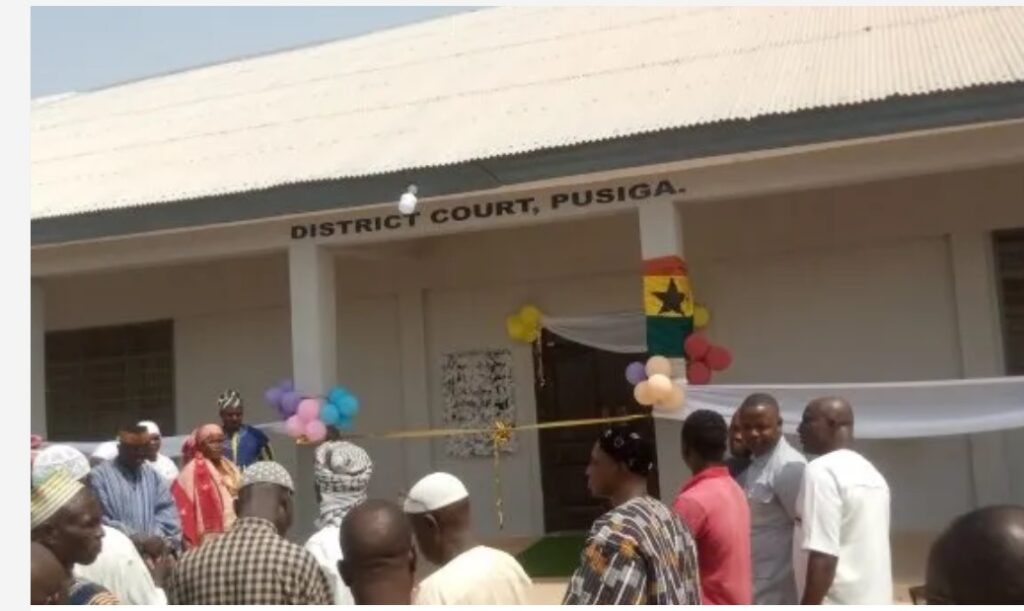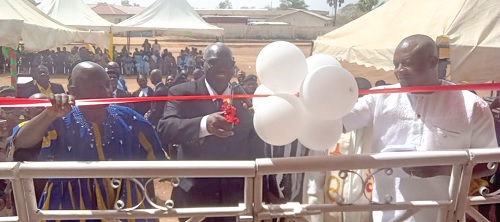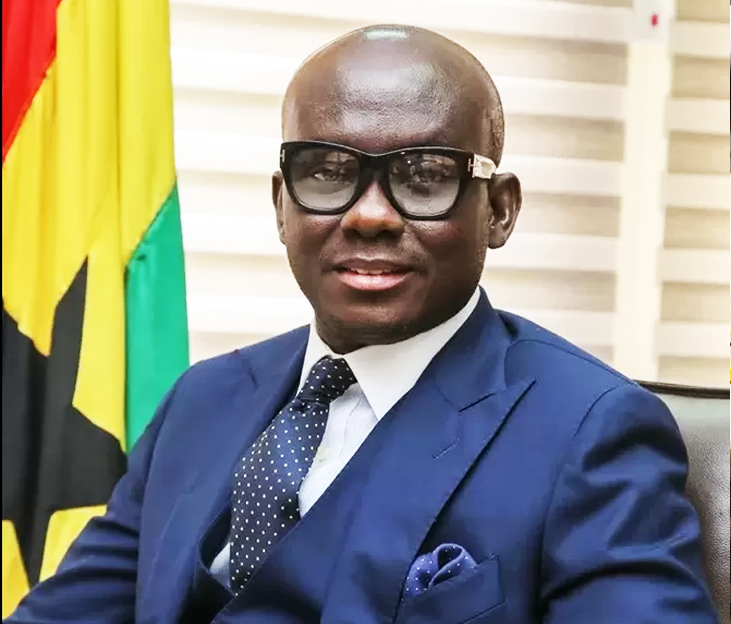Jurors nationwide have announced an indefinite strike, effective immediately, citing the non-payment of their allowances as the primary reason for their action.
In a unified statement released by the jurors, they underscored the financial strain caused by the absence of these payments. “This situation has made it practically impossible for us to continue to pre-finance our transportation to and from the court premises,” excerpts from the statement read. The jurors, expressing their commitment to the justice system, lamented that the lack of financial support has left them with no alternative but to cease their duties.
Despite assurances of payment in May, subsequent follow-ups revealed a grim reality – there are currently no funds available to settle their allowances. The backlog of ten months’ worth of allowances has significantly impacted their personal finances, compelling them to take this drastic step.
“We regret any inconvenience our absence may have on the expeditious delivery of justice,” the jurors added, acknowledging the potential repercussions on court proceedings. With their absence expected to cause delays and disruptions, concerns loom over the timely delivery of justice.
The strike announcement has sent ripples across the legal landscape, particularly affecting indictable court cases where jurors play a pivotal role in the adjudication process. Notable cases, including the Joseph Boakye Danquah murder trial, Gregory Afoko trial, and the Kasoa teenage killers murder trial, among others, are poised to be heavily impacted as jurors will not be present for the hearings.
Legal experts fear that the absence of jurors could lead to significant delays in ongoing cases, prolonging the wait for justice for victims and their families. The strike reflects broader systemic issues within the judicial system, raising questions about the government’s commitment to addressing the concerns of essential stakeholders in the administration of justice.
Stakeholders are calling for swift action to resolve the impasse and ensure the resumption of normal court proceedings. However, until a resolution is reached, the wheels of justice risk grinding to a halt, leaving litigants, lawyers, and the public in limbo.




